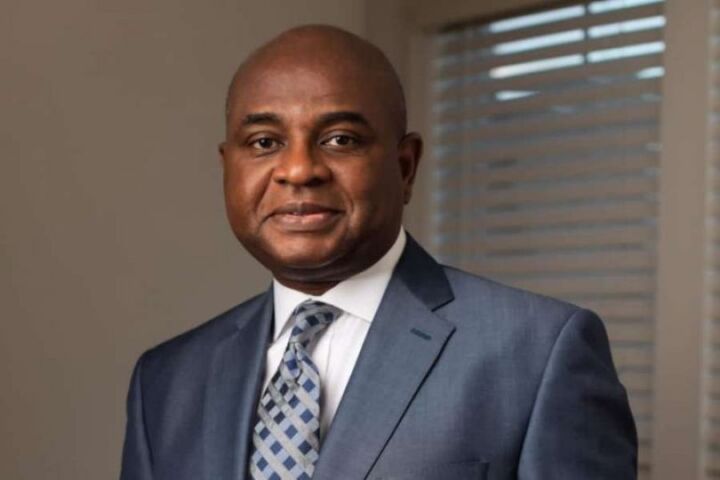Former Deputy Governor of the Central Bank of Nigeria and former Presidential Candidate, Professor Kingsley Moghalu, has joined the advocacy for economic diversification, which he described as a matter of existential importance given the current realities in the Nigerian economy.

In a paper titled: ‘Economic Diversification and the Wealth of Nations: Lessons and the Path Forward for Nigeria’, delivered at the 2021 Annual Conference of the Nigerian Economics Students Association (NESA) the University of Port Harcourt, on Thursday, Moghalu, pointed out that Nigeria had very little hope of escaping a poverty trap given the realities of a population of over 200 million, and the future moving toward renewable energy and unstable oil rents.
According to him, the country was borrowing externally at frightening levels as a result of the inability of our government to diversify the economy. He explained that economic diversification was therefore not an option, but a matter of existential importance.
“As with many petrostates, crude oil has come to define Nigeria over the past 50 years. It is the small god Nigerian government worship, as its price determines the fiscal health of the country, and the “black gold” is seen as the glue that binds together the county’s political elite and its disparate interest groups.
“Oil has created a crony capitalist economy of rent-seekers, stupendously wealthy individuals in Nigeria’s rising sea of poverty in which 100 million Nigerians now live in extreme poverty — the highest numbers in the world — and giving the country the dubious distinction of the “poverty capital” of the world,” he stated.
The former CBN Deputy Governor noted that Nigeria’s undiversified economic structure had not only prevented our economy from achieving sustained growth, it also had frequently left the economy exposed to external shocks.
“This results in boom and bust cycles in the economy. The absence of diversification — and the inability to create it while relying on oil rents — has taken away any incentive to create a real social contract between the state and the citizens, one in which the state can extract and utilise taxes for development and social security. It distorts Nigeria’s national and sub-national politics, weakens the quality of our democracy and the capacity of the Nigerian state to govern its territory and citizens effectively,” Moghalu said.
He maintained that Nigeria’s economic policymakers need to begin to measure economic diversification outcomes empirically. “Measuring the sectors of the economy that contribute most effectively or have the promise of diversification, and the exact extent to which this is so, will help the government develop targeted export policies and incentives that will drive diversification,” he submitted.
Support InfoStride News' Credible Journalism: Only credible journalism can guarantee a fair, accountable and transparent society, including democracy and government. It involves a lot of efforts and money. We need your support. Click here to Donate